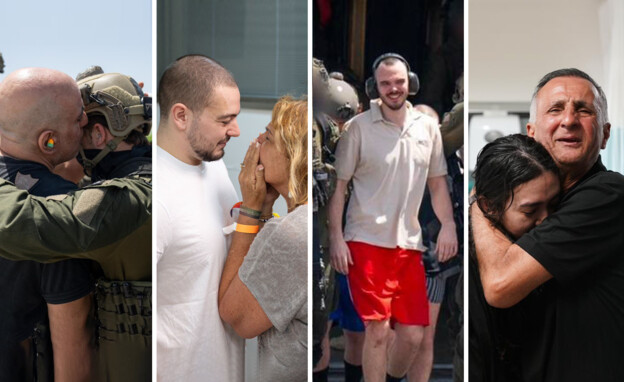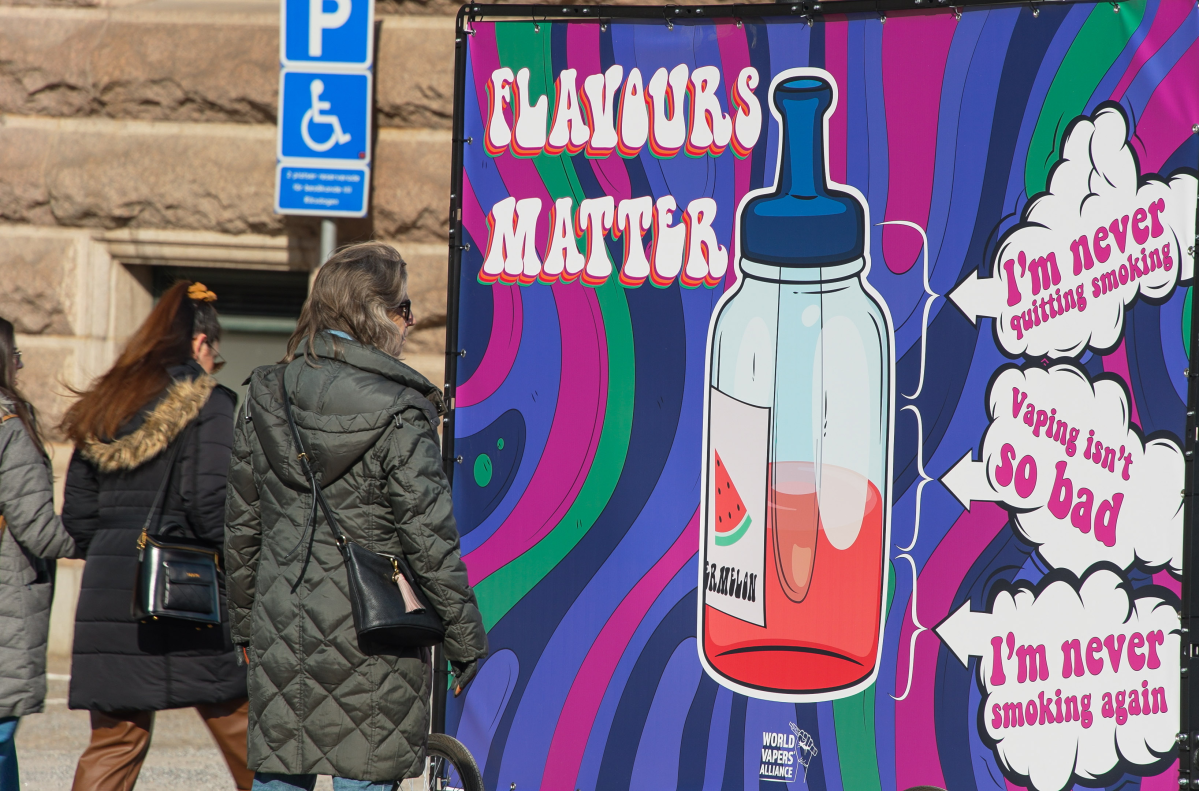The professor emphasized the importance of continuing to support and accompany the freed abductees as they navigate the complex process of recovery. He highlighted the need for ongoing care for those who have endured unimaginable horrors, noting that their stories are difficult to hear and even harder to comprehend.
Prof. Pesach also discussed the differences in medical conditions among those held in tunnels versus apartments, with all abductees suffering physical and mental abuse for extended periods. Medical teams are conducting thorough assessments of returnees to evaluate their physical and nutritional status, including tests for injuries sustained during captivity and liberation.
The professor expressed satisfaction that none of the returnees suffered serious injuries but acknowledged the ongoing need for treatment, especially for those with more severe injuries. Mental health evaluations and psychological support are integral parts of the care provided to the returnees, who are also accompanied by a psychosocial team from the moment they arrive.
The mother of an abductee who recently returned shared her family’s emotional journey, including the bittersweet moment of learning about her father’s death shortly before her son’s release. Despite this, she expressed gratitude for her son’s safe return and emphasized the importance of giving him time to process his experiences at his own pace. The family mourns their loss but supports their son on his journey towards recovery.
Lastly, the mother highlighted the ongoing plight of other abductees still in captivity, calling for urgent action to secure their release. She stressed that signing a deal to bring all abductees home is crucial and underscored how important it is to reunite them with their families after so long apart.
In conclusion, Prof Pesach reiterated his commitment to supporting freed abductees as they recover from their traumatic experiences while acknowledging that there is still much work to be done in helping others who are still in captivity. The mother’s experience serves as a reminder that there are many families waiting anxiously for their loved ones to come home safely, highlighting the urgency of securing their release as soon as possible.



